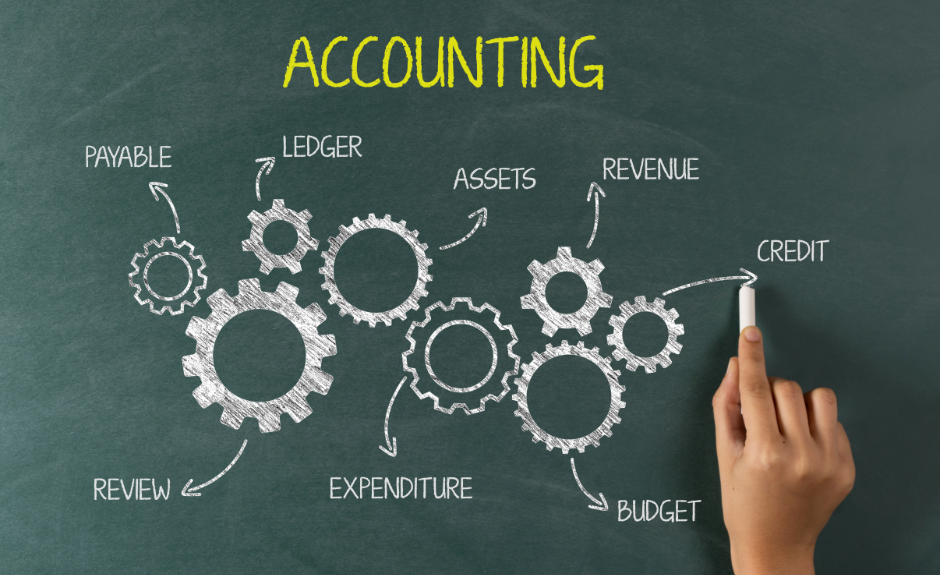Success, in the world of small business, often hinges on more than just a great product or service – it also
requires sound financial management. As a small business owner, mastering the fundamentals of
accounting is crucial for maintaining financial health and fostering long-term growth.
In this post, we’ll explore some essential accounting tips that can help small business owners navigate
the complexities of finance with confidence.
Maintain Accurate Records:
Keeping meticulous records of your business transactions is the cornerstone
of effective accounting. Invest in reliable accounting software or work with a professional bookkeeper to
track income, expenses, invoices, and receipts. Accurate record-keeping not only ensures compliance
with tax regulations but also provides valuable insights into your business’s financial performance.
Separate Personal and Business Finances:
One common mistake among small business owners is
mingling personal and business finances. Establish separate bank accounts and credit cards for your
business to maintain clarity and transparency in your financial dealings. This separation not only
simplifies accounting but also protects your personal assets in case of legal or financial issues.
Monitor Cash Flow Regularly:
Cash flow management is vital for the survival of any business, especially
small ventures. Keep a close eye on your cash flow by regularly reviewing your income and expenses.
Identify any cash flow gaps or potential bottlenecks and take proactive steps to address them, such as
adjusting payment terms or reducing discretionary spending.
Understand Basic Financial Statements:
Familiarize yourself with the three primary financial statements:
the income statement, balance sheet, and cash flow statement. These documents provide valuable
insights into your business’s financial performance, liquidity, and solvency.
Learning to interpret these statements can help you make informed decisions and identify areas for
improvement.
Set Realistic Budgets:
Establishing a budget is essential for effective financial planning and resource
allocation. Outline your expected revenue and expenses for the upcoming period, taking into account
factors such as seasonality, market trends, and business goals. Be realistic in your budgeting approach,
allowing for contingencies while striving for efficiency and cost-effectiveness.
Stay Tax Compliant:
Tax compliance is a critical aspect of small business accounting. Familiarize yourself
with the tax regulations relevant to your business structure and industry. Keep thorough records of your
income, expenses, and deductions to facilitate accurate tax filing. Consider consulting with a tax
professional to maximize deductions and minimize tax liabilities.
Plan for Growth and Investment:
As your business grows, so too will its financial needs. Develop a
strategic plan for reinvesting profits into areas that contribute to long-term growth, such as marketing,
technology, or personnel. Consider seeking financing options or investment opportunities that align with
your business objectives and risk tolerance.
Regularly Review and Analyze Financial Performance:
Don’t wait until tax season to assess your
financial performance. Schedule regular reviews of your financial statements to evaluate profitability,
liquidity, and overall financial health. Identify trends, variances, and opportunities for improvement, and
adjust your strategies accordingly to stay on track towards your business goals.
In conclusion, mastering basic accounting principles is essential for small business owners looking to
achieve financial fitness and sustainable growth. By maintaining accurate records, managing cash flow
effectively, understanding financial statements, and adhering to tax regulations, you can position your
business for long-term success. Remember, financial literacy is not just about numbers—it’s about
empowering yourself to make informed decisions that drive your business forward

